Catalysis for sustainable organic chemistry (CASCH)
January 2020 – December 2025
Catalysis is a key technology to achieve more efficient and greener organic synthesis. Complementary expertise on the development of new (homogenous and heterogeneous) catalysts (redox, photo and electrocatalysis) will be brought together with organic synthesis know-how in one center. Through collaboration of 5 research teams spanning two different faculties of the University of Antwerp a unique basis for innovative research, tackling challenging transformations in organic chemistry, is created. Cleavage and functionalization of strong bonds (carbon-nitrogen, carbon-oxygen, carbon-hydrogen and carbon-carbon bonds) in (small) organic molecules will be the target of the research activities of the consortium. The substrates will include petrochemical, biorenewable or waste compounds (e.g. CO2). The consortium combines advanced spectroscopy (including UV-vis, (in-situ) IR, multi-frequency EPR and NMR, circularly polarized and conventional Raman), sorption and quantum-chemical and molecular modeling techniques which will allow for fundamental insight in the active site of the catalyst and the reaction mechanism, providing a tool for rational catalyst/reaction development. Through shaping of the novel catalysts (e.g. indirect 3D printing) and evaluation in flow, effects of mass transport and sorption are evaluated revealing their industrial potential.

